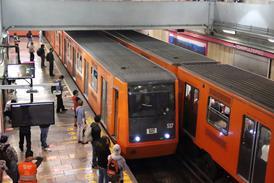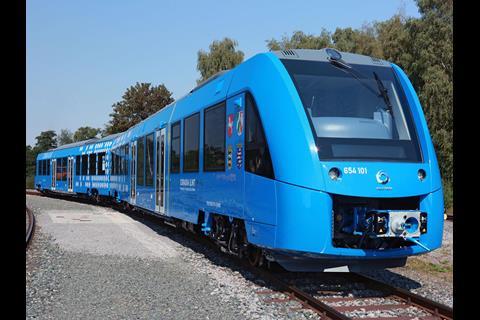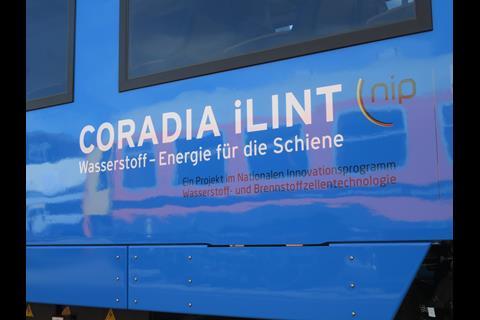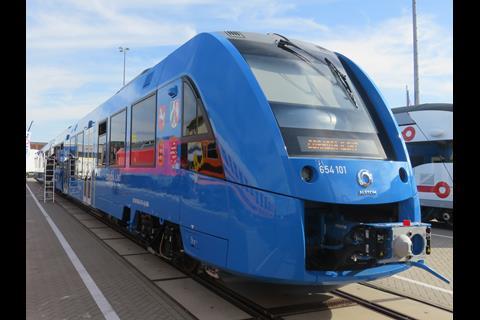GERMANY: Following a European tender, the Fahma rolling stock subsidiary of Rhein-Main transport authority RMV has awarded Alstom a contract to supply and support a fleet of 27 fuel cell multiple-units.
‘RMV will have the world's largest fleet of fuel cell trains in passenger service’, said RMV Managing Director Prof Knut Ringat when the order was announced on May 21, adding that it was the largest order that Fahma had placed. ‘After electrically powered trains, electric buses and hydrogen buses, we are now offering our passengers a further opportunity to travel without emissions. This milestone makes me proud and is a giant step towards mobility without pollutants.’
The order is worth around €500m, including 25 years of maintenance and the supply of hydrogen which Alstom will undertake in co-operation with Infraserv GmbH & Co Höchst KG.
The refuelling point will be located at the Höchst industrial park. ‘With its existing hydrogen infrastructure, Industriepark Höchst is an ideal filling station location for fuel cell vehicles’, said Dr Joachim Kreysing, Managing Director of Infraserv Höchst. ‘The operation of the hydrogen filling station for trains as a supplement to the tanking facilities for buses and trucks fits in perfectly with our concept’.
The Coradia iLint units are scheduled to be delivered in time for the December 2022 timetable change, replacing diesel vehicles on routes RB11 Frankfurt-Höchst – Bad Soden, RB12 Frankfurt – Königstein, RB15 Frankfurt – Bad Homburg – Brandoberndorf and RB16 Friedrichsdorf – Friedberg. Each unit will have 160 seats, real-time passenger information, free wi-fi and spaces for bicycles, wheelchairs and prams.
Hessen’s Minister of Economics, Energy, Transport & Housing, Tarek Al-Wazir, said fuel cells offered ‘a quickly feasible alternative to expensive electrification’ in the Land, where transport is responsible for a third of greenhouse gas emissions. ‘Steam instead of diesel soot is therefore an exciting approach’, he said. ‘We will continue to actively support the project and make every effort to ensure that the necessary adaptations to the rail infrastructure around the hydrogen filling station in Höchst make rapid progress.’
The federal government is covering 40% of the additional cost of the hydrogen units compared to DMUs, and providing support for the hydrogen filling station. ‘The purchase of 27 vehicles is a lighthouse project for fuel cell mobility’, said Enak Ferlemann, Parliamentary State Secretary of Transport & Digital Infrastructure. ‘We hope that many other projects in Germany will follow this example.’
Two Alstom Coradia iLint multiple-units have been in regular service on the Elbe-Weser network in Niedersachsen since September 2018, and a fleet of 14 is expected to be in service between Cuxhaven, Bremerhaven, Bremervörde and Buxtehude from 2021.





















